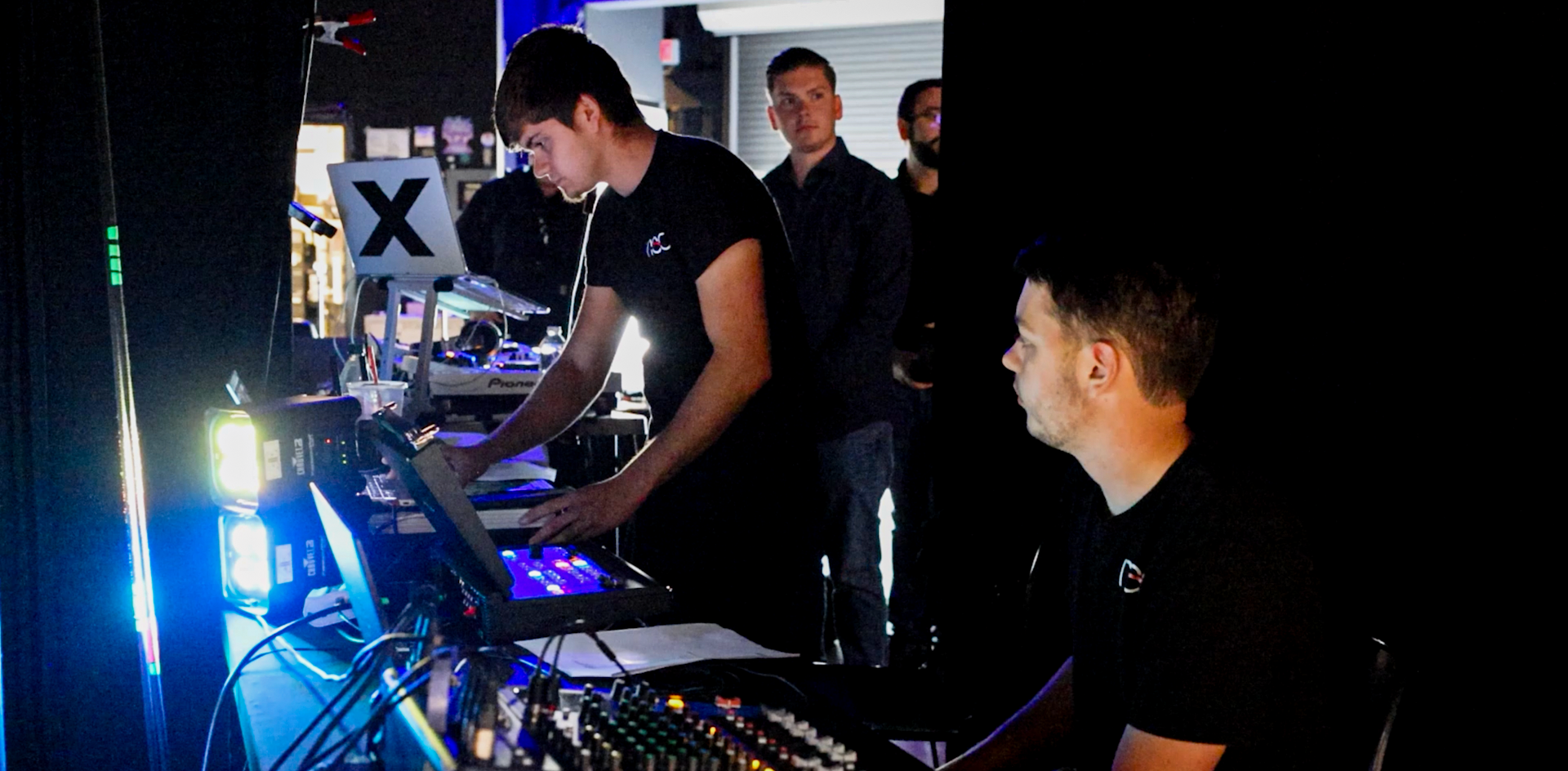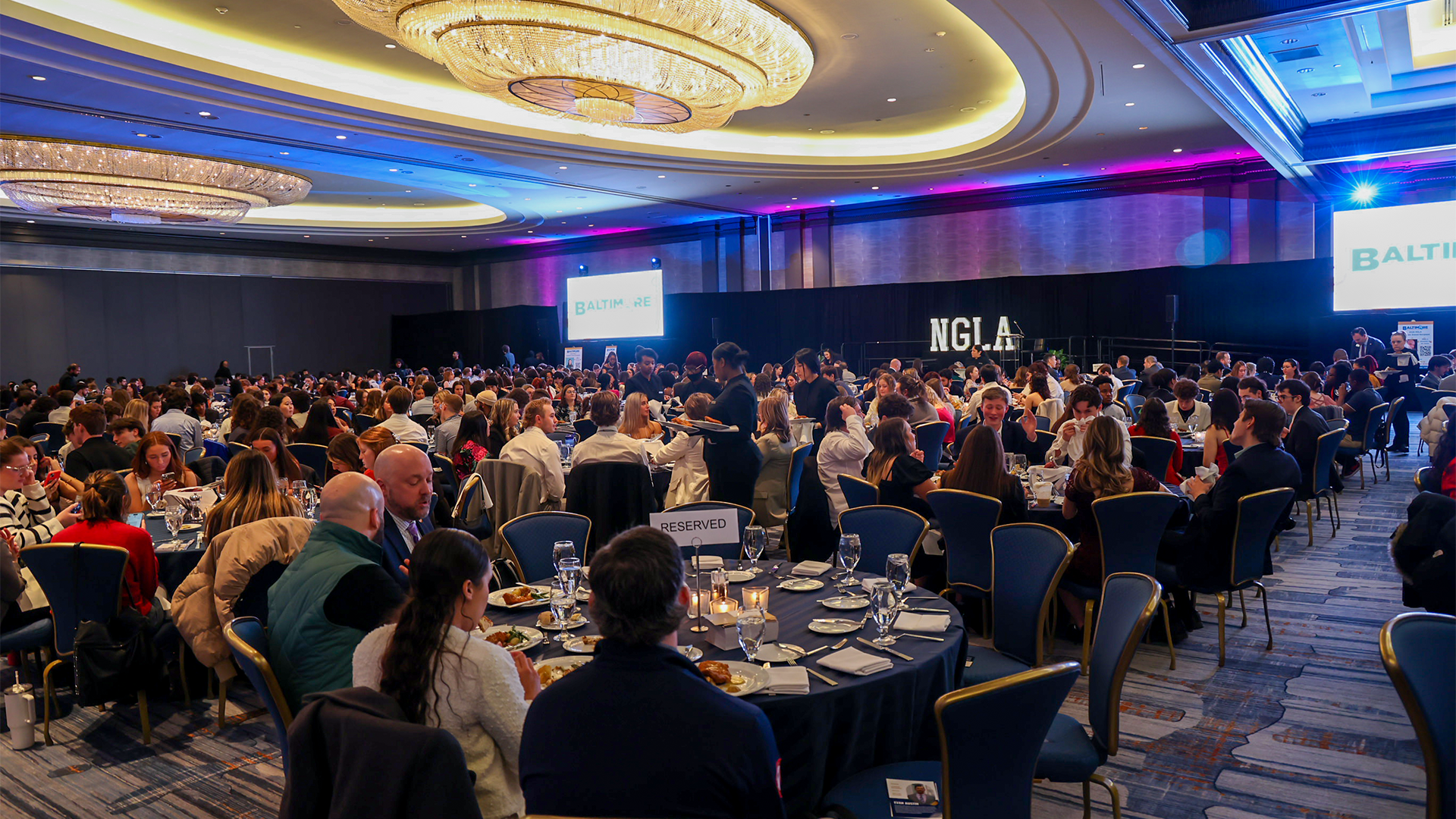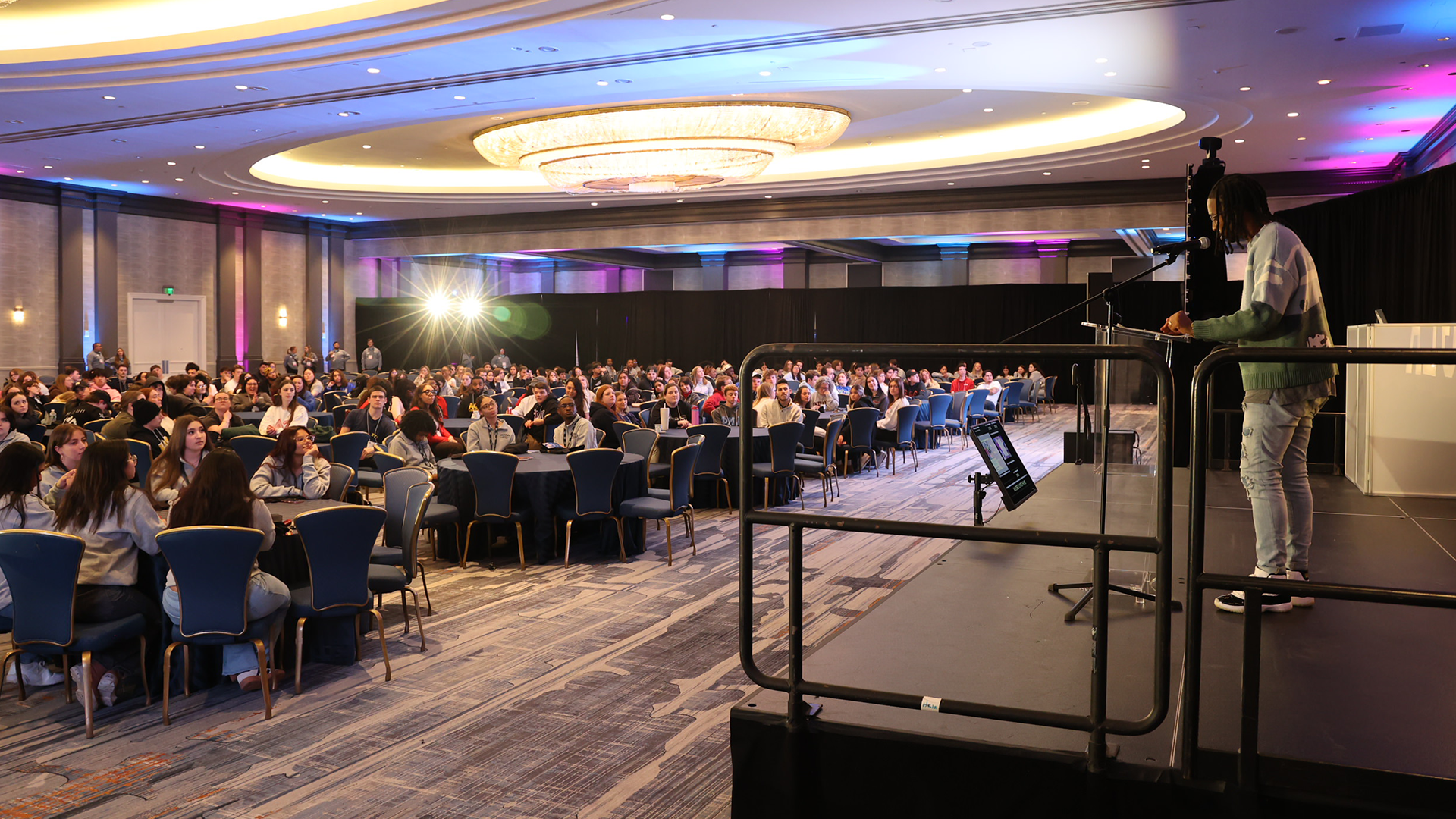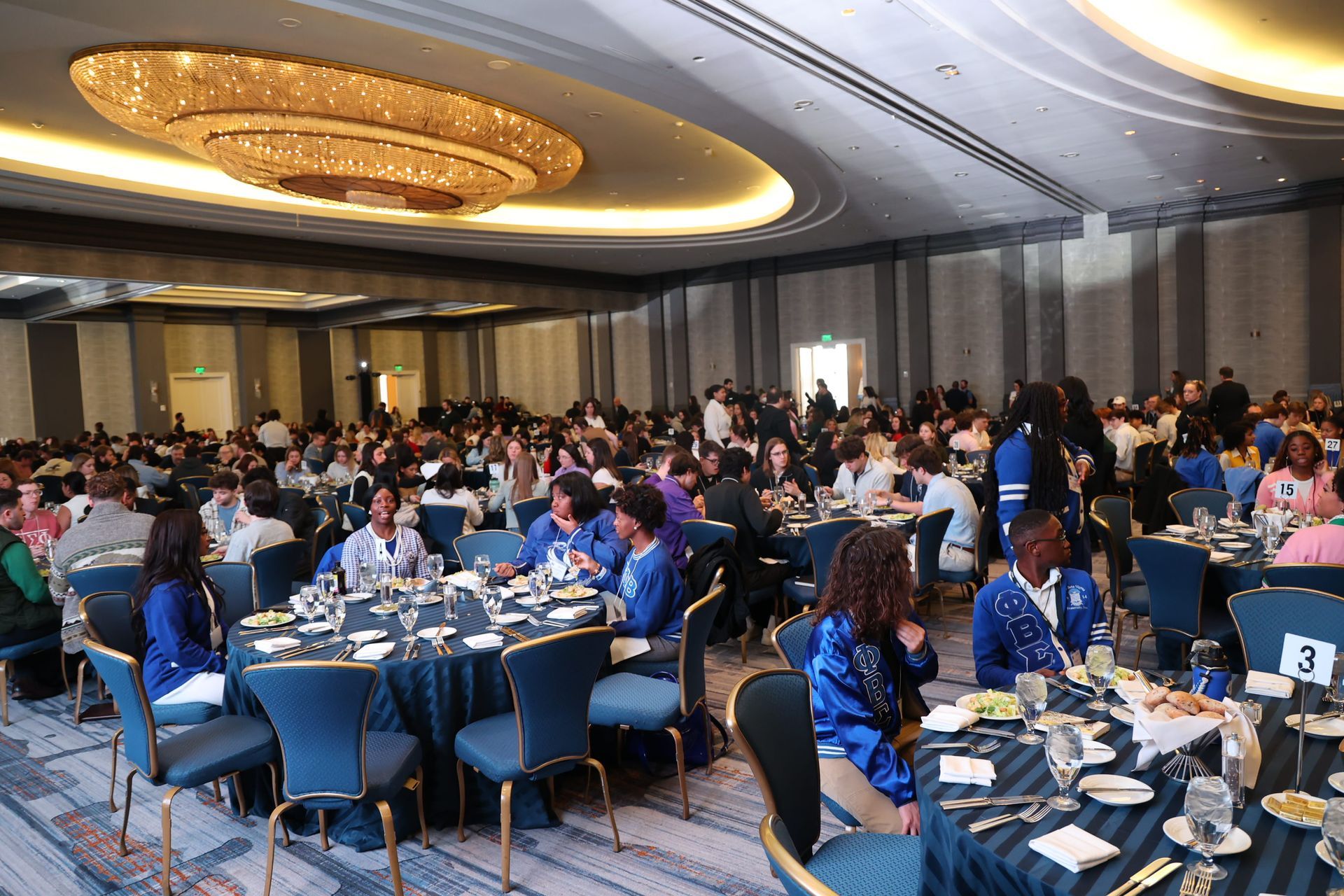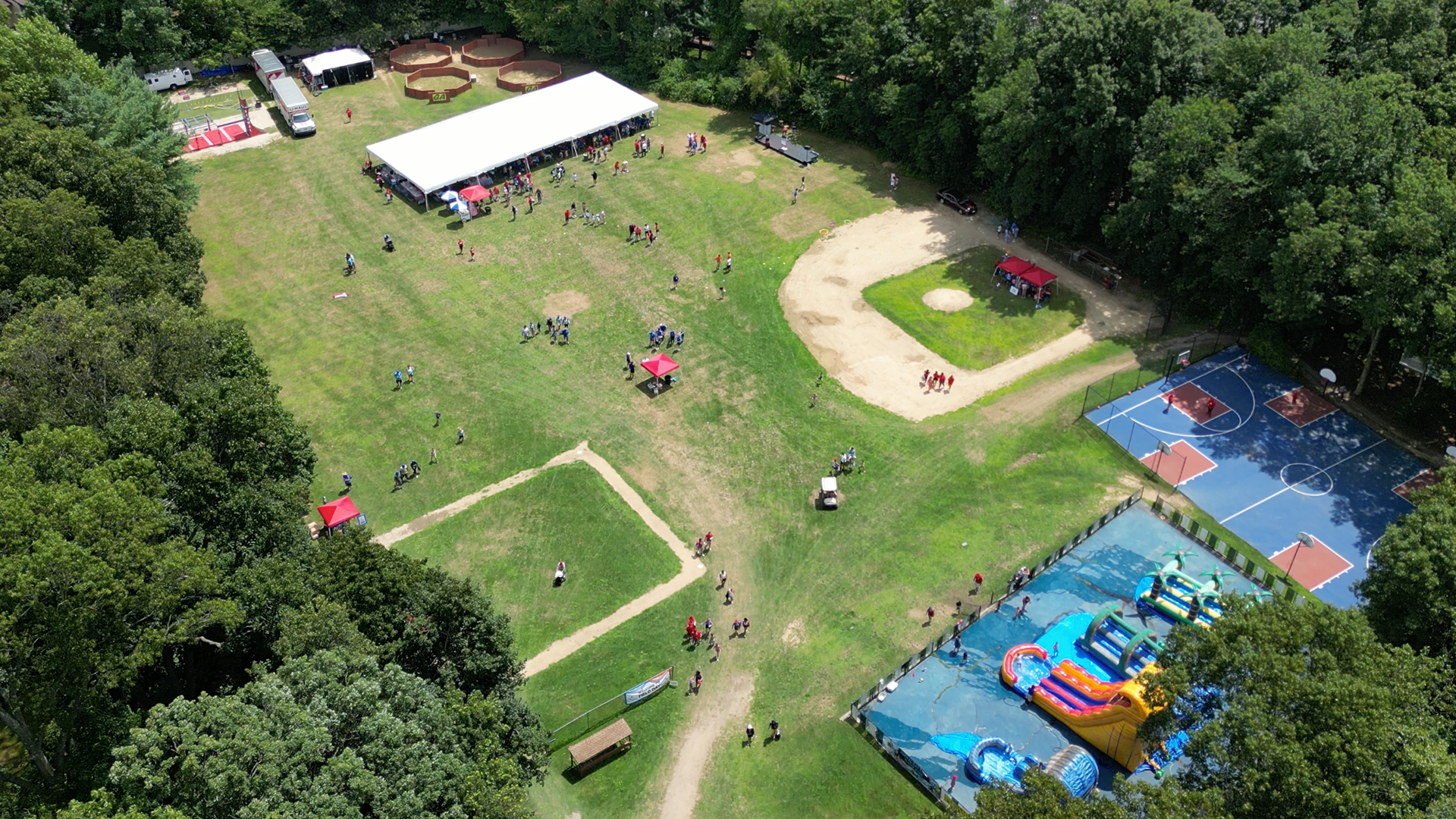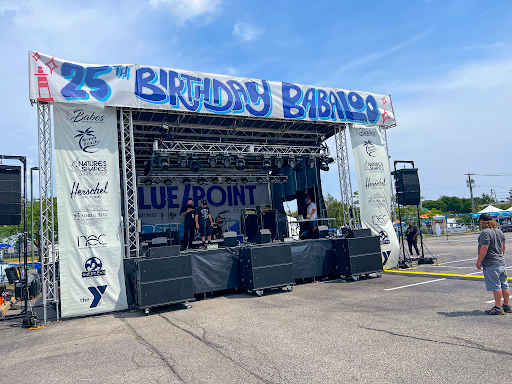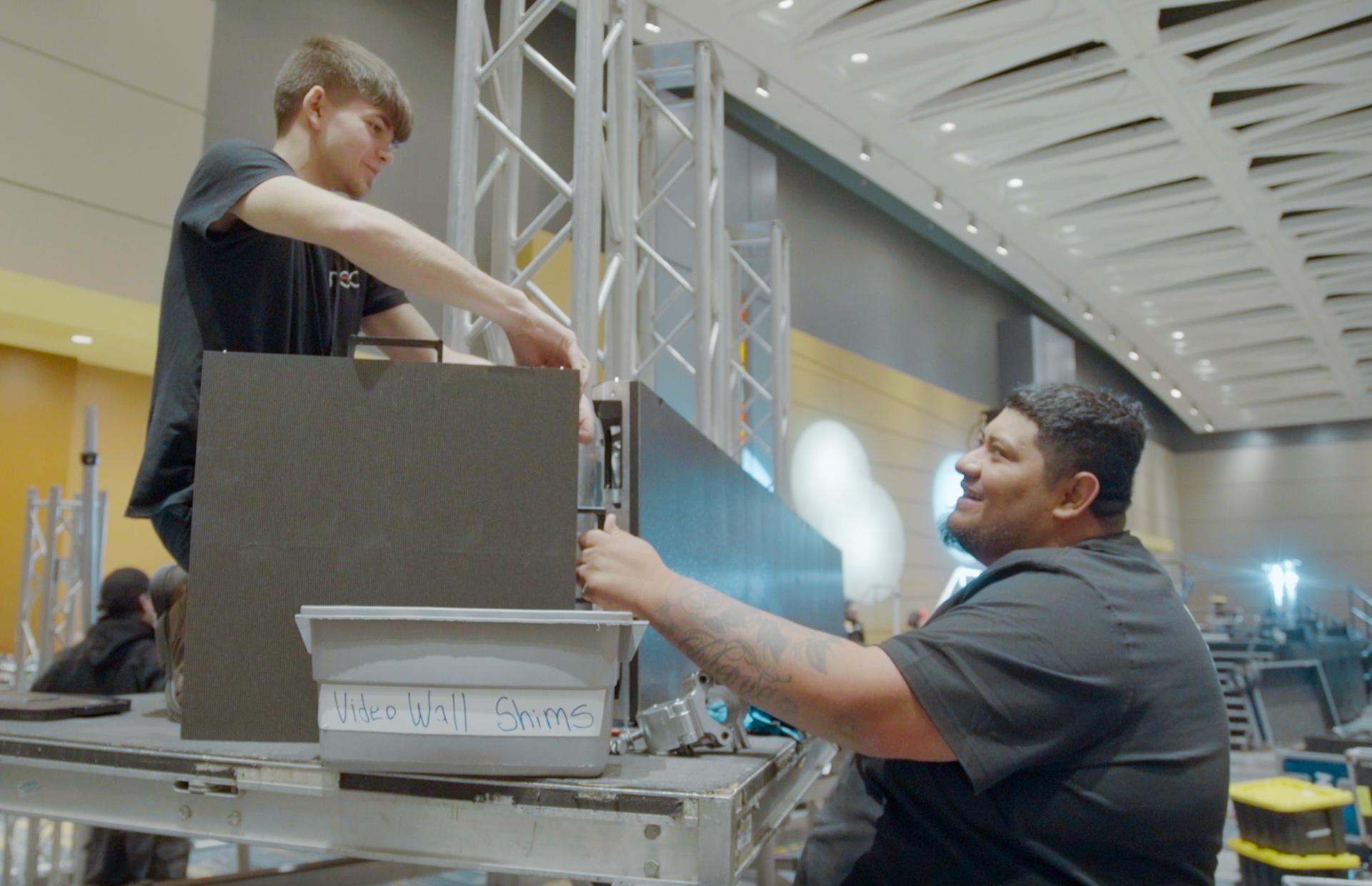Top 5 Must Knows When Booking Audio-Visual Services For Your Conference
Booking audio-visual services for a corporate conference can significantly impact the success of your event. Here are the top five must knows when booking audio-visual services to ensure a seamless and effective experience:
1. Understand Your Audio-Visual Requirements
Before reaching out to any A/V service provider, it's crucial to understand what your event specifically requires. Consider the size of the venue, the number of attendees, and the type of presentations that will be given. For instance, will you need large screens for presentations, wireless microphones for speakers, or a robust sound system for video playbacks? Will you have any performers like live bands or DJ's that need to connect to the sound system or require specialized equipment? Understanding these needs and communicating them early on with the A/V provider will help ensure that all necessary equipment is included.
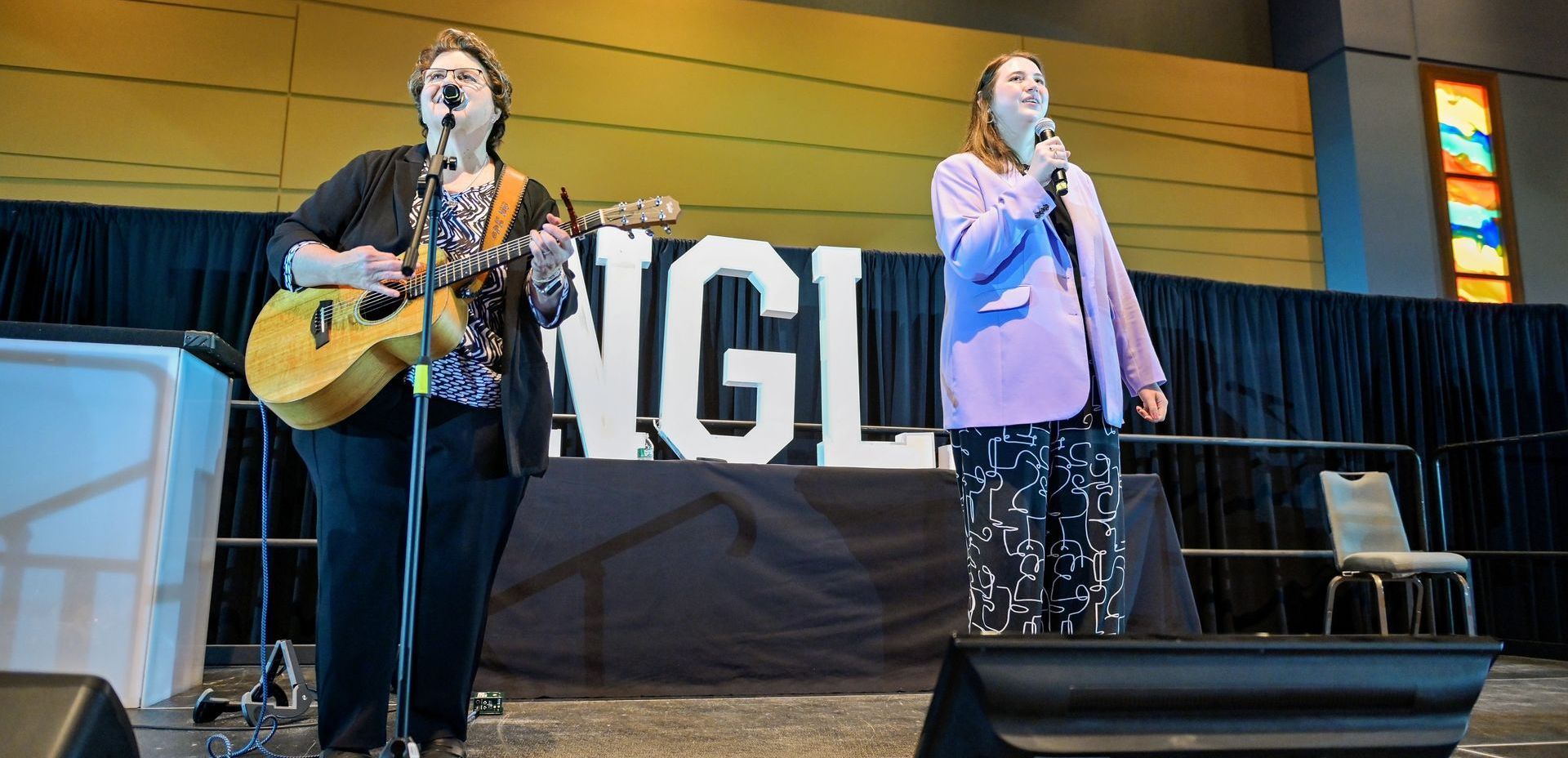
2. Technological Capabilities
Ensure that the audio-visual provider has up-to-date and high-quality equipment. This includes any screens, sound systems, microphones, and video conferencing tools. Advanced technology can greatly enhance the overall experience, making presentations clear and engaging for all attendees. LED Walls are a perfect way to incorporate top-notch screens that all attendees can view from anywhere in the room.
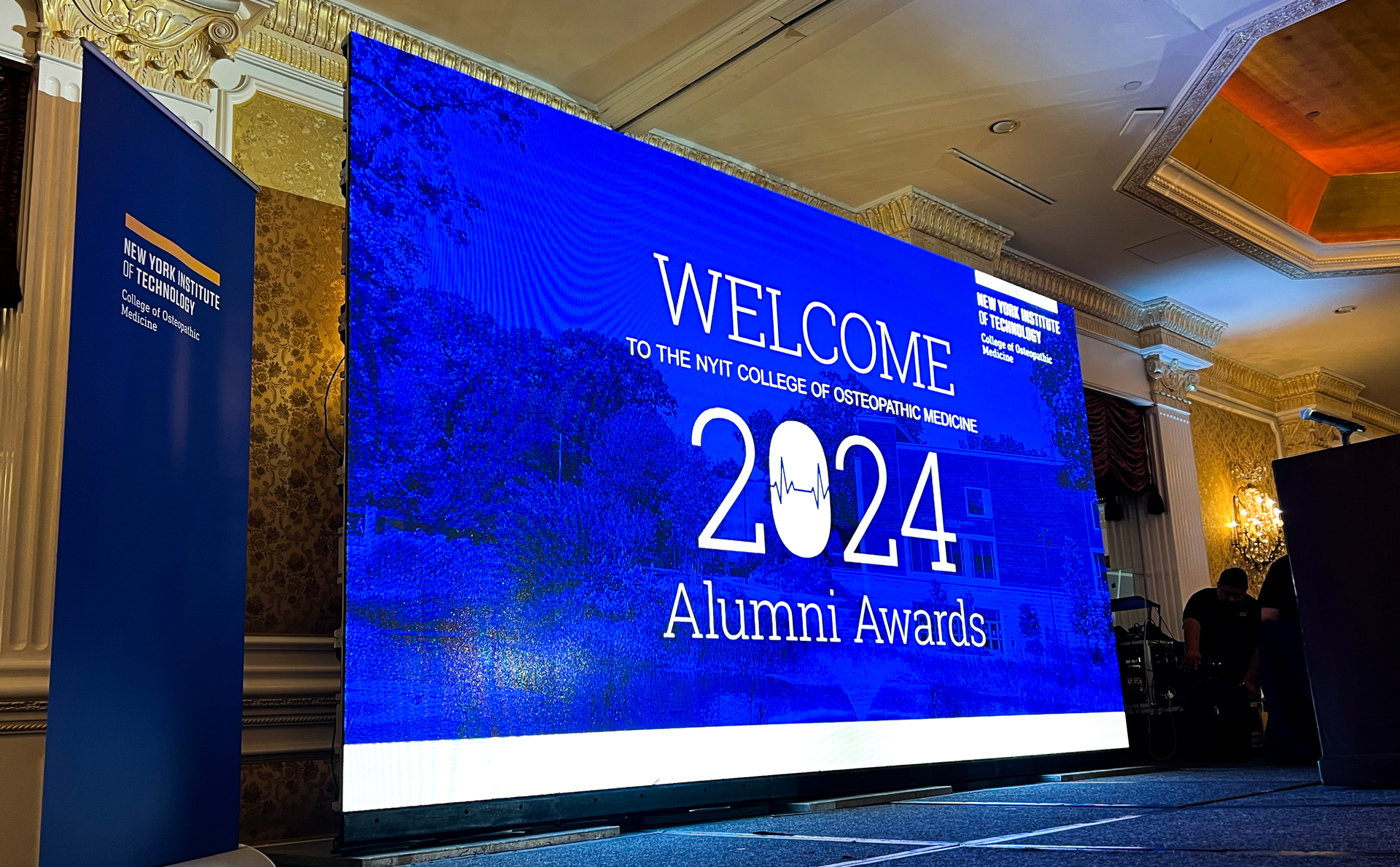
3. Do You Have a Project Manager?
Effective communication between your event planning team and the audio-visual provider is essential. This ensures that all elements of the conference are well coordinated. A dedicated project manager is key to ensuring clear communication before, after, and during your event by participating in pre-event calls/meetings, preparing any presentation or video files you have for their screens, communicating timelines and deadlines to set up crew and technicians on site, and discussing the event with you afterwards to get your feedback for any future events. Check with your A/V provider to see if they will assign a project manager to your event. We recommend having a project manager for any large scale conference to collaborate closely with your team and align the audio-visual service with your event’s goals and schedule.
4. Venue Power
For any conference, the venue is one of the most important aspects. While convention centers have plentiful power to support whatever your event will need, other venues such as country clubs or catering halls may not have sufficient power to support the full extent of your booked audio-visual services. Ask your A/V provider if they have established communication with your event's venue, or if they've produced events in that venue before. Many audio-visual services use extensive power, so it's important to establish the power available in pre-event calls or site visits. This will prevent any surprises on the day of your event!
5. Flexible Audio-Visual Solutions
Every event is carefully planned to be unique and impactful. Look for a provider that can customize their services to fit your event's specific needs. Additionally, whether it be whether conditions, power outages in the venue, or other emergencies, anything can happen. It's important to have a solution oriented team that can adapt to fast paced environments. Experienced audio-visual providers will have contingency plans to make sure your event goes smoothly; Whether it be backup generators for power outages, flexibility in evolving changes to your event, or creative solutions to unexpected developments.
Planning a conference can be a stressful endeavor, but it doesn't have to be. By prioritizing these considerations, you can ensure that the audio-visual aspects of your conference are handled effectively, thus contributing to a memorable and successful event!

